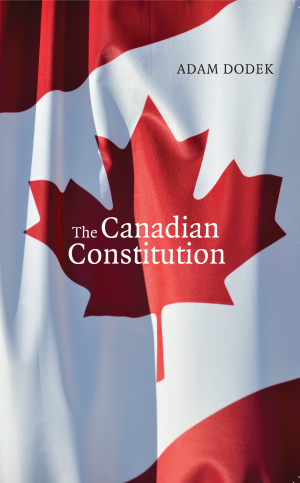Constitutional Legitimacy and Responsibility: Confronting Allegations of Bias after Wewaykum Indian Band v. Canada
- By adodek@uottawa.ca
- 1 April, 2004
- No Comments
The Supreme Court Law Review, Vol. 25, p. 165, 2004
This article analyzes the highly unusual situation where an allegation of bias is brought against a Supreme Court justice after a decision is rendered. This happened at the Supreme Court of Canada in 2003 after it had rendered a unanimous decision in the case of Wewaykum Indian Band v. Canada several months earlier. Justice Ian Binnie had written the decision for the Court and he was the subject of the charge of reasonable apprehension of bias due to his limited involvement with the case some 17 years before as a senior official in the Canadian Department of Justice. Ultimately, the other 8 justices dismissed the motion to vacate the original decision. This article argues that Wewaykum is an important constitutional case because it implicates the core constitutional value of judicial impartiality. The article asserts that other parties in the legal system besides the Supreme Court of Canada – the bar, the government and the Court itself, – have a duty to protect the guardians of the Canadian Constitution, i.e. the Supreme Court of Canada.




 Copyright © 2024
Copyright © 2024